Collaboration in The Neighbourhood
We’re working as a team. – Elsie
Yeah! That’s what we do at this school! – Clem
As the children have been exploring the provocations set in each of our learning spaces, collaboration has continued to take over. In each space we teachers have observed discussion and teamwork as the children have been creating collaborative stories, artworks, research projects and modeled number investigations.
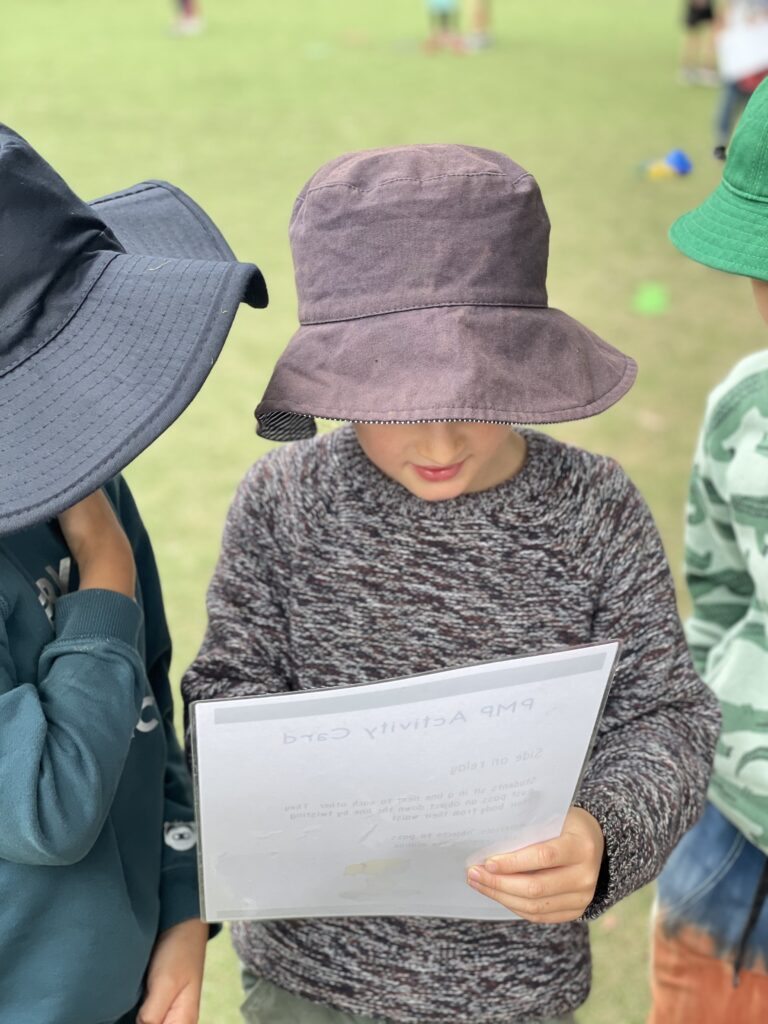
Working together in PMP 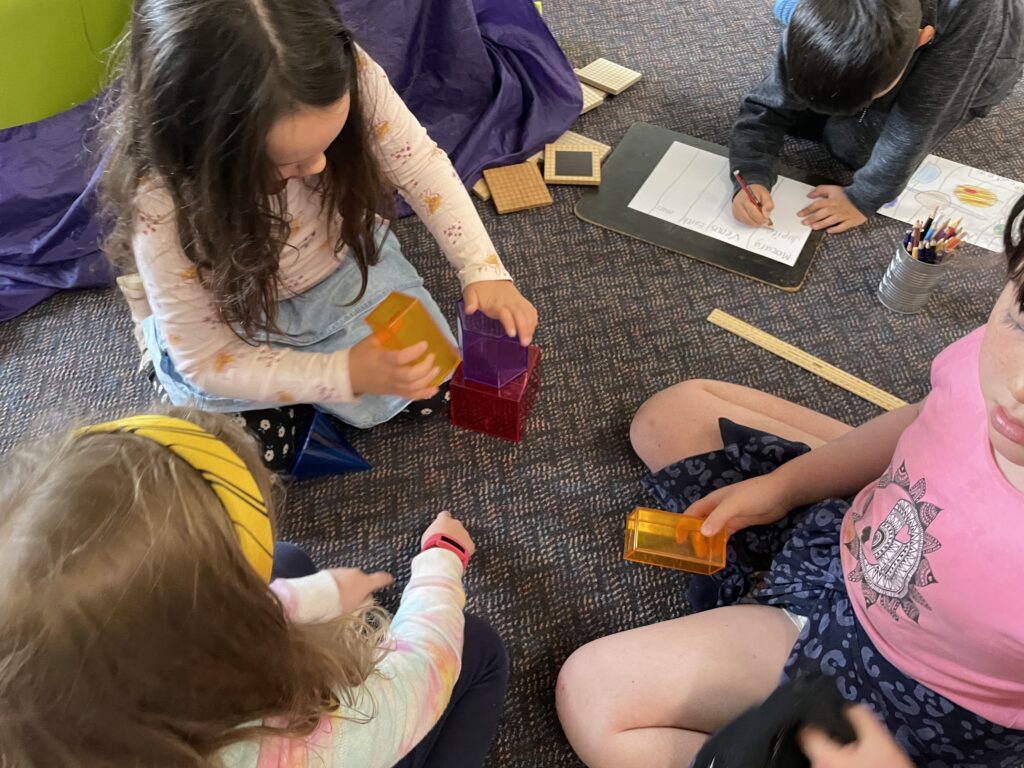
Working together looking at shapes 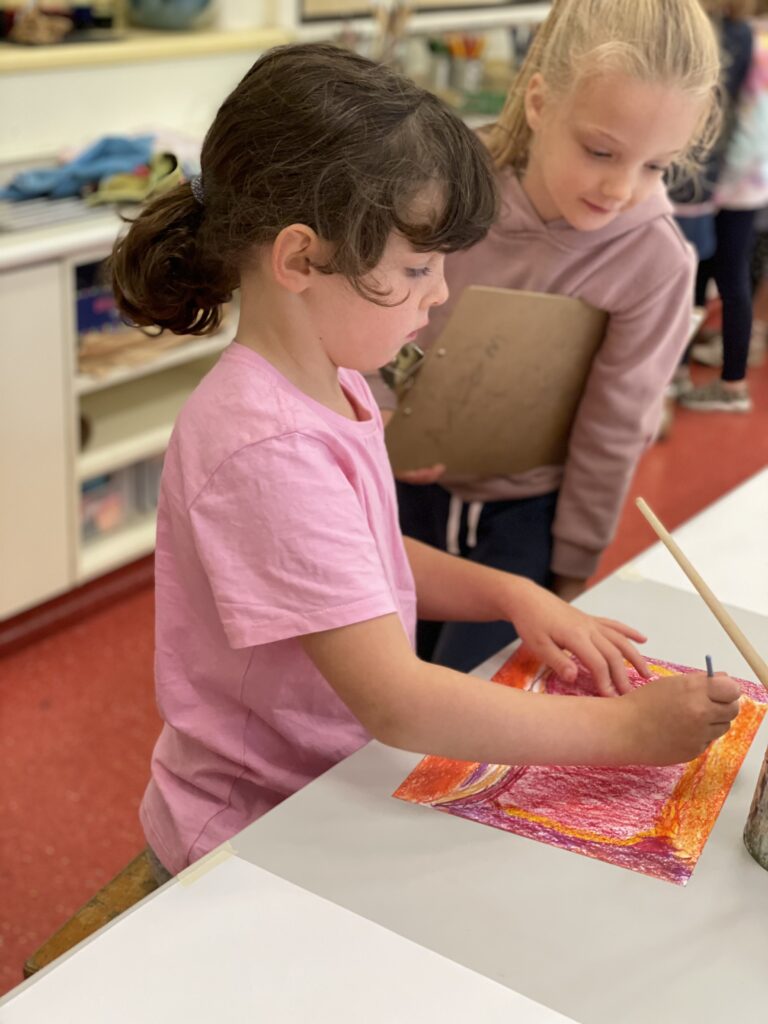
Sharing Ideas in Provocations
Along with our observations, we have documented the learning so far with teachers putting together our neighbourhood inquiry wall and our students building their own documentation wall. Both of these have continued to spark conversations as our neighbourhood continues to explore how to best capture what we know and the most effective way to share what we know with others. The conversation of collaboration was gifted back to the children during our neighbourhood meetings.
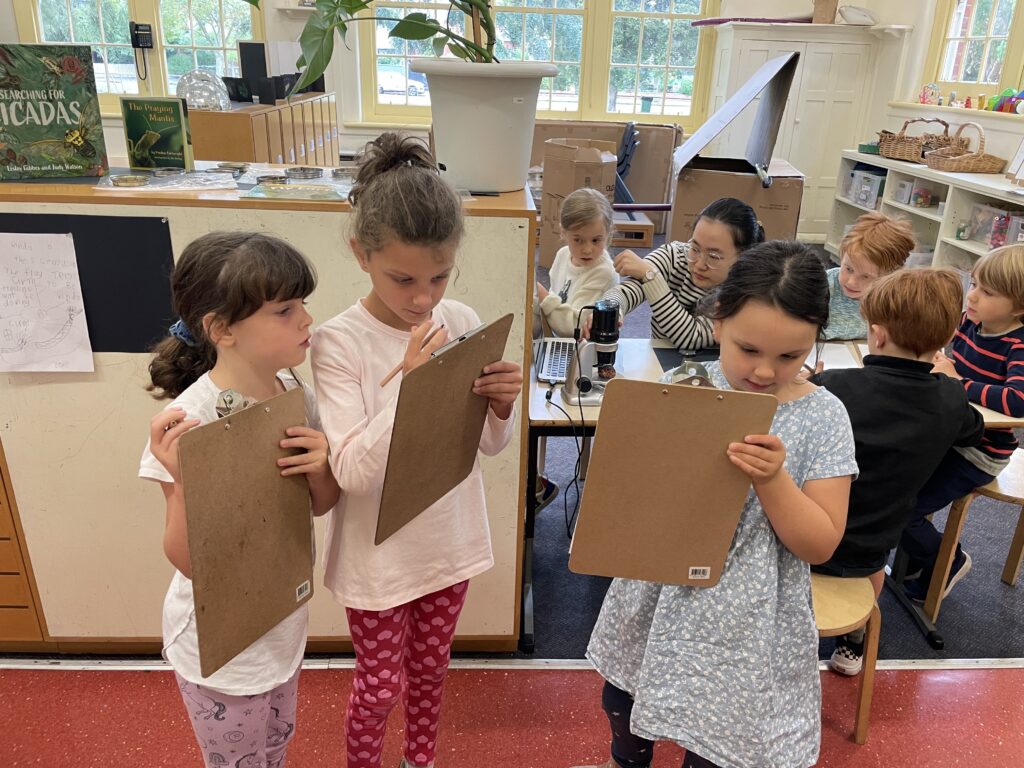
Documenting Learning 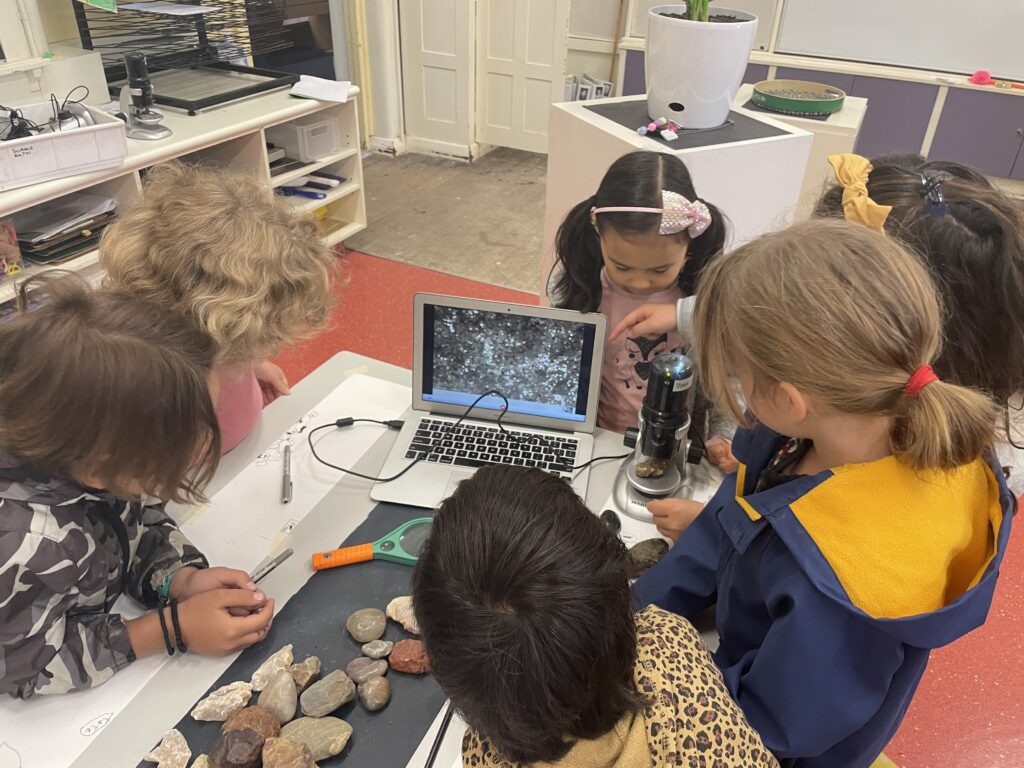
Working together 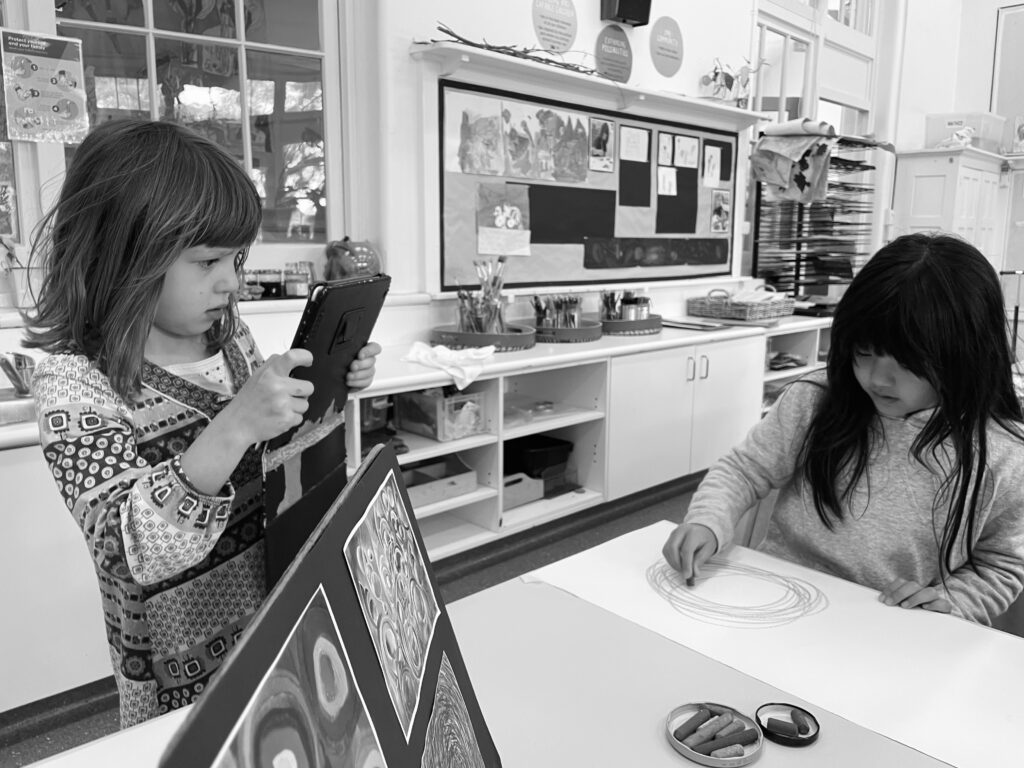
Documenting Collaboration 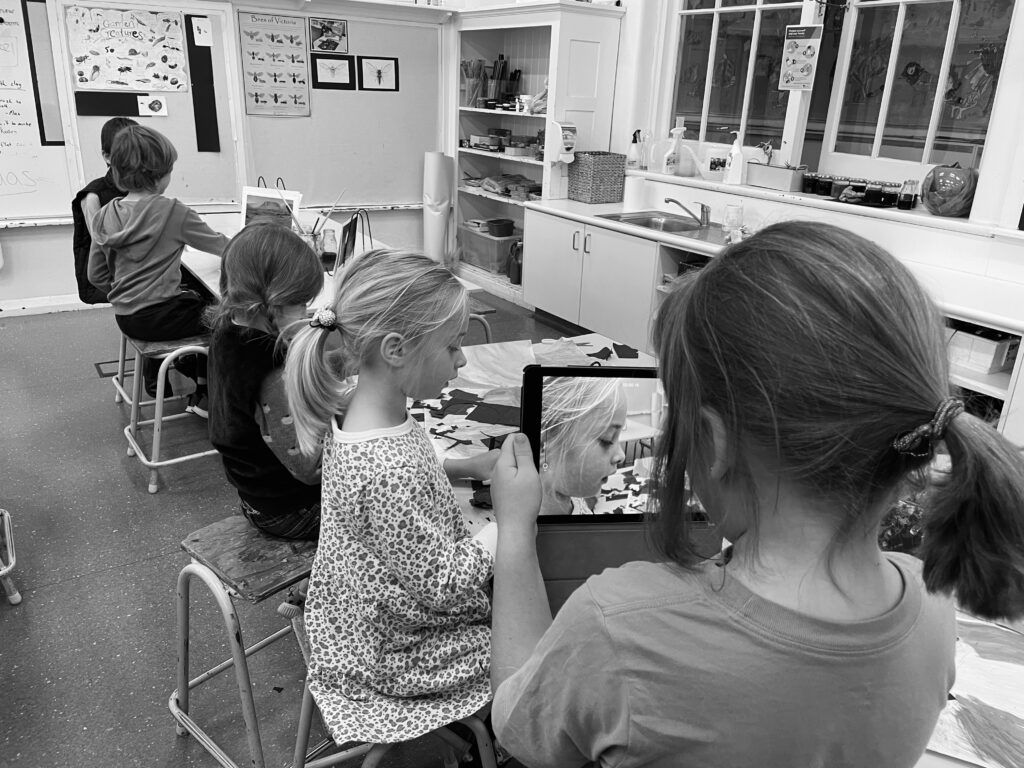
Documenting Focus
Jack – Teamwork Other people helping each other. We were documenting, looking for collaboration!
Milo – I think that if people are collaborating they are having ideas and they are learning from each other’s idea and they are brainstorming without even noticing and then people document it. Flynn – Learning from each other can help you learn news and it can help you get a bit smarter and understand the world. You understand the world better by asking people much older than us because they have been around longer and they will know more.
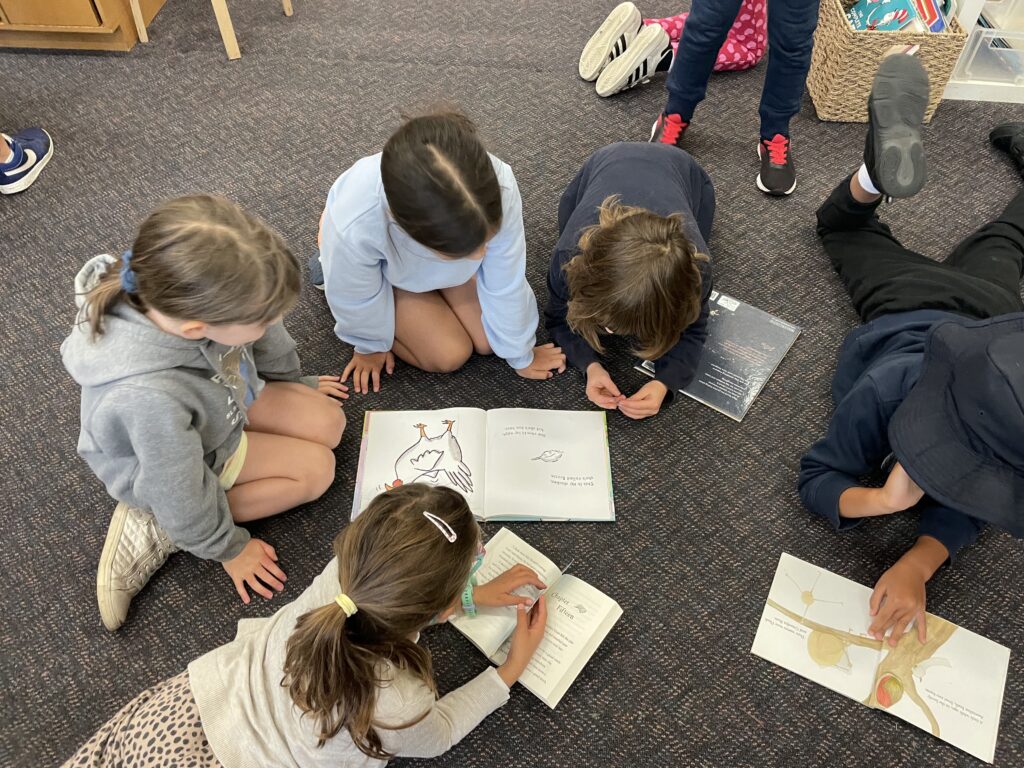
Discussing Reading 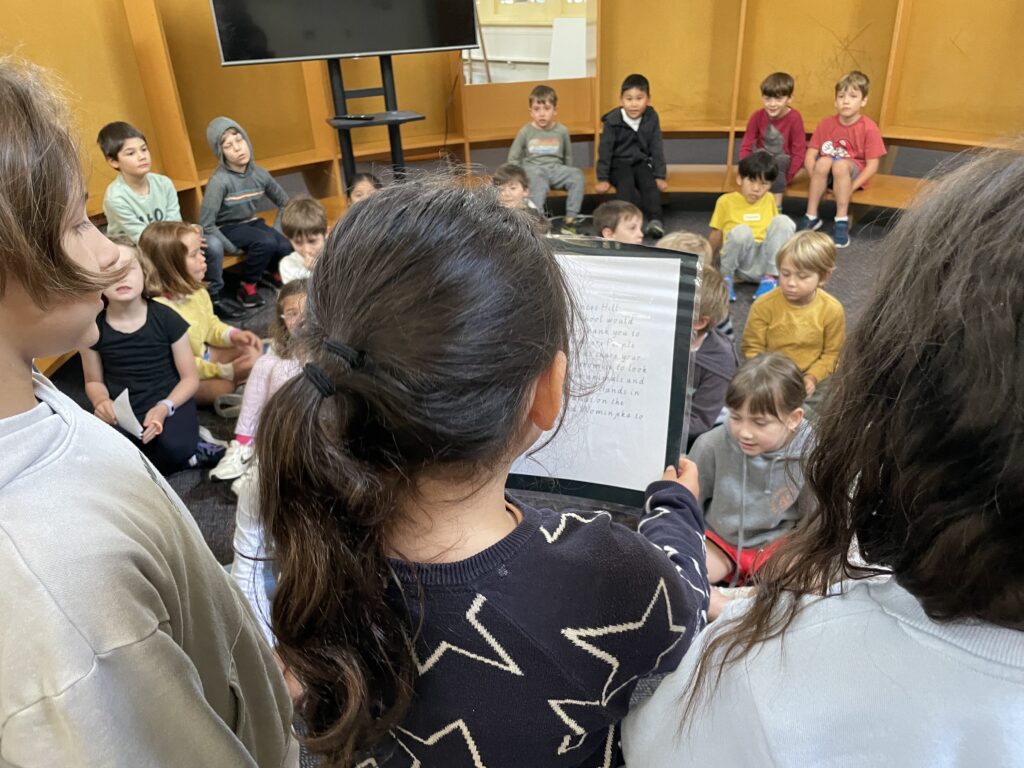
Working Together Reading the Acknowledgement 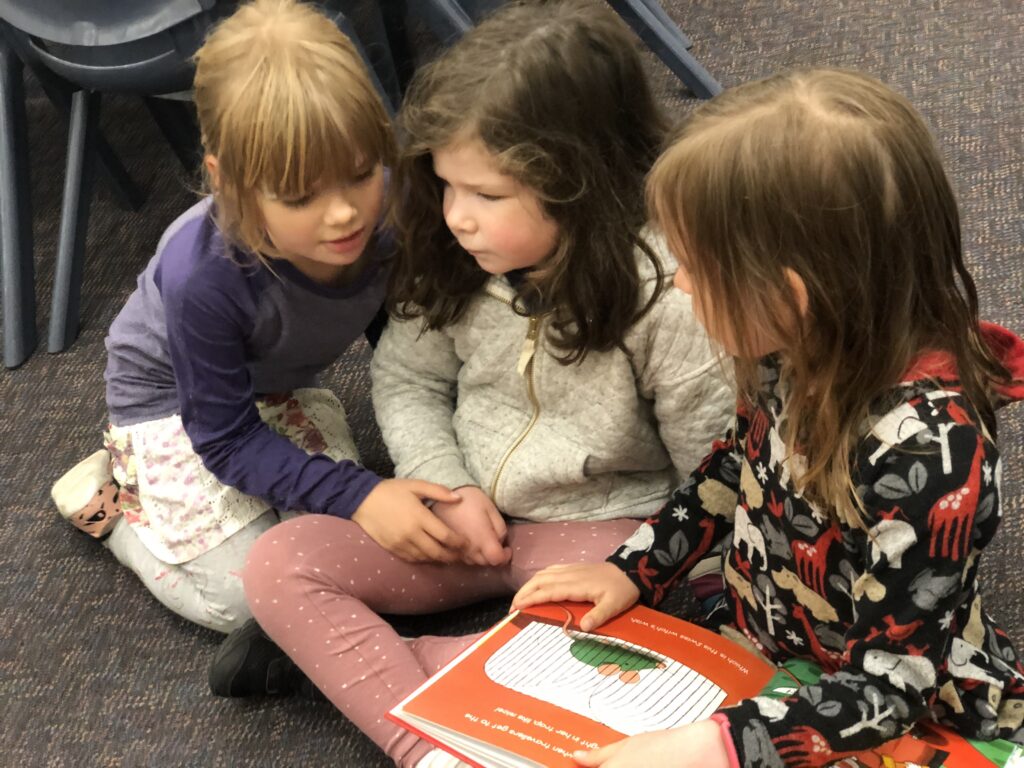
Sharing a Text 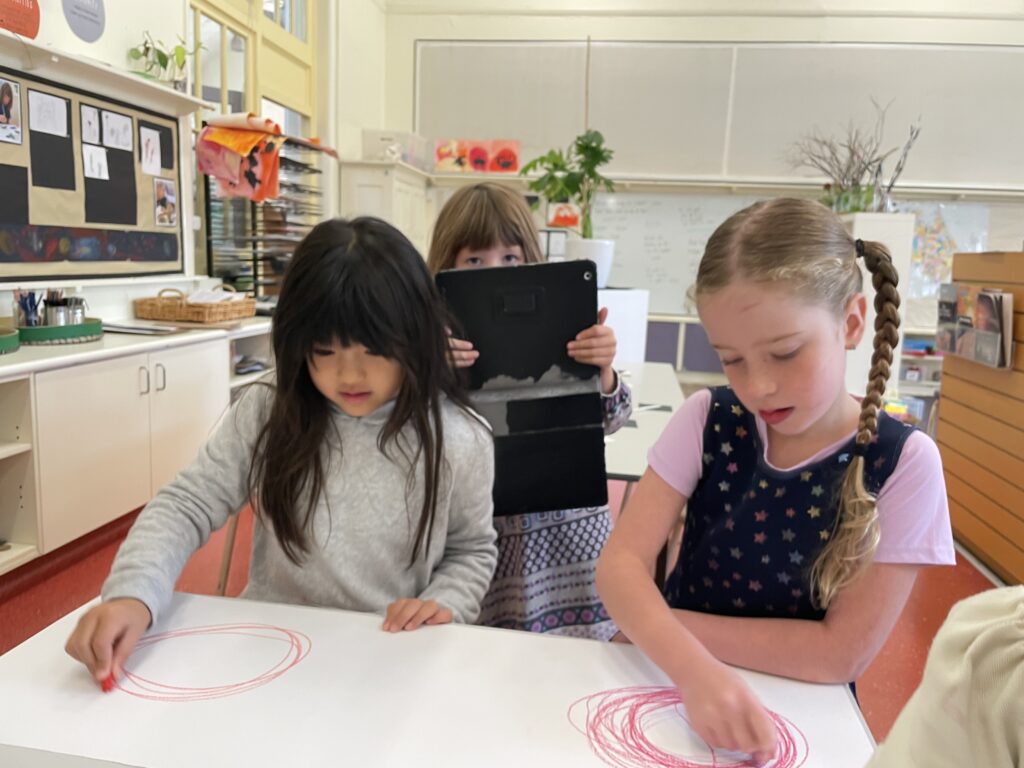
Documenting Collaboration 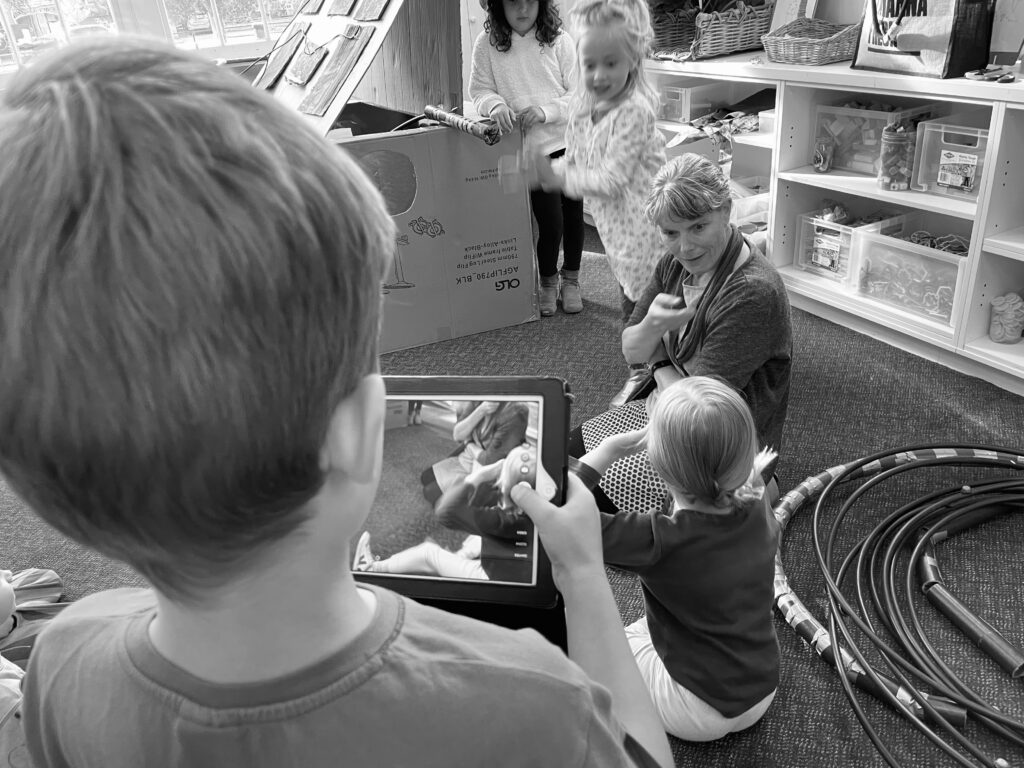
Documenting Teamwork 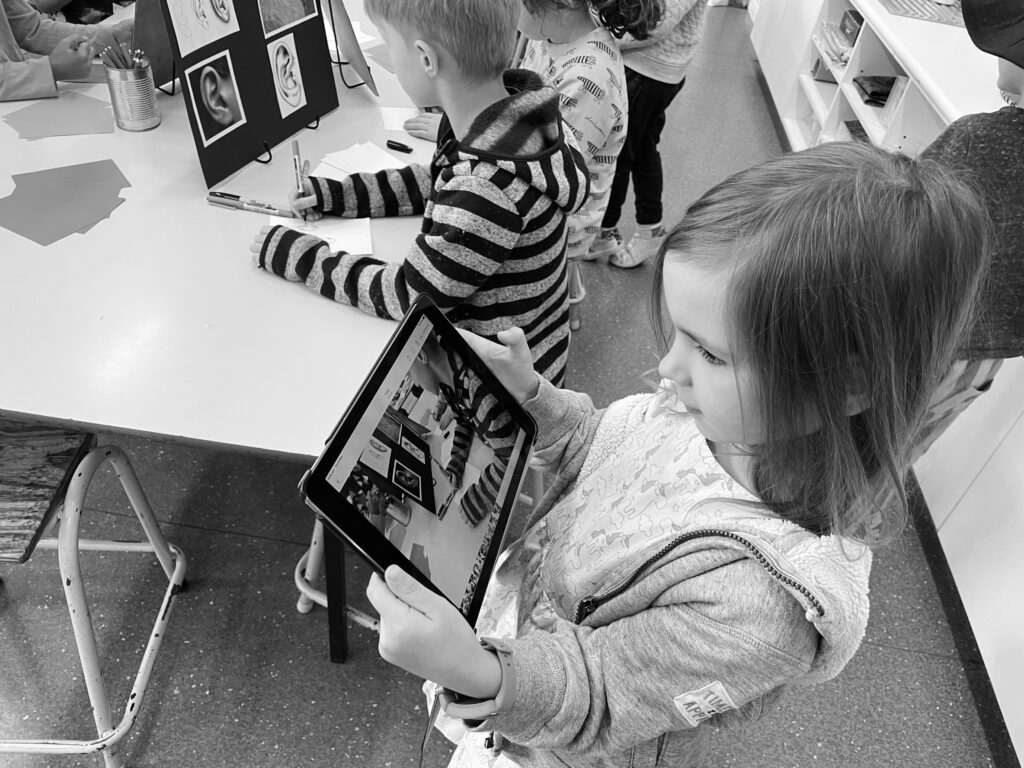
Documenting Learning
As the conversation about collaboration continued, we were able to incorporate collaboration skills into our workshops, guided reading groups and maths investigation target groups. These provided opportunities for children to take on clear roles within a group decision, providing a lens for the group’s discussion. In literature circles children took on the roles of ‘interviewer’, ‘word wiz’, and ‘summarizer’. And in our maths roles of ‘presenter’, ‘solver,’ and ‘creator,’ as they described and presented their mathematical counting patterns.
We are now beginning to work in three project groups, all looking at how collaboration and connection strengthens our processes for learning. The children were given outlines and were encouraged to cast a vote for the group they were most interested in joining-
Our Place on Earth, Our Place on The Land, and Our Place in Our Community.
Groups will begin to look at the importance of communication and will be working to document their thinking and learning before reporting back to the neighbourhood.
They [the project groups] are colliding together to form how we live and learn. – Flynn & Maggie